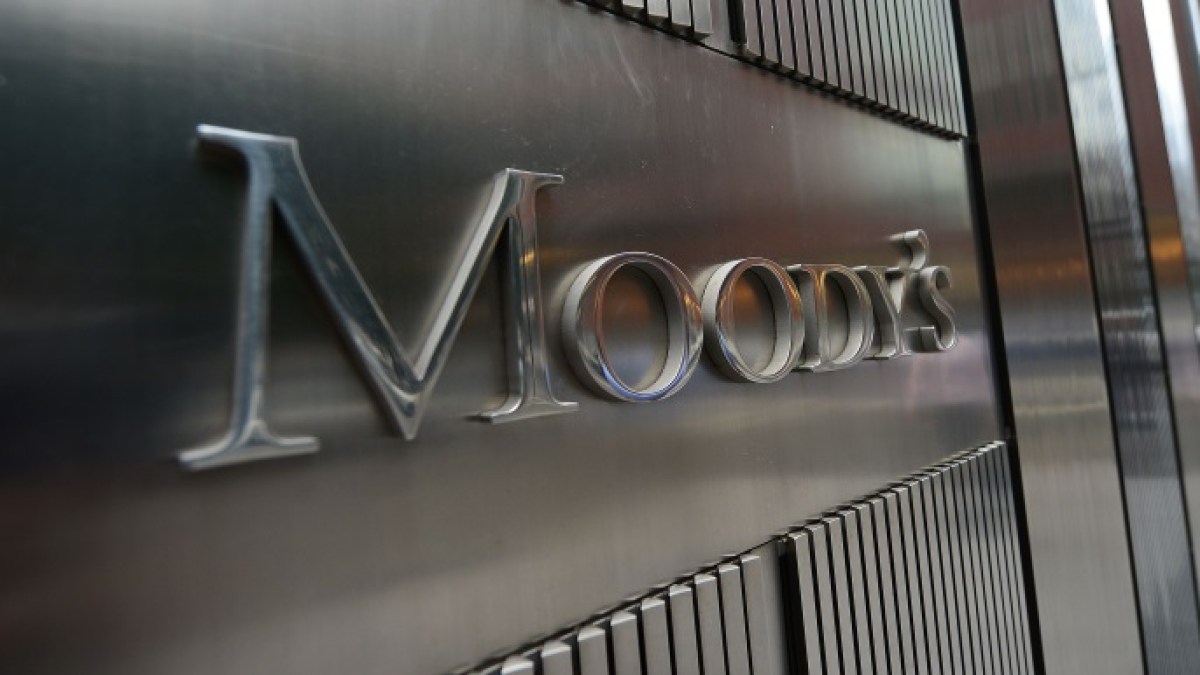Moody's warned Israel of major political and financial risks as a result of the war on Gaza (Getty)
The Governor of the Central Bank of Israel, Amir Yaron, called on the occupation government to address the issues raised by Moody's after it lowered the occupation's sovereign credit rating, at a time when he spoke about the ability of Israel's economy to recover from the impact of the
Gaza
war .
Moody's lowered for the first time ever Israel's credit rating to "A2" from "A1" last Friday, and kept its credit outlook at "negative", which means the possibility of lowering the rating again.
They said - today, Sunday - that it is important that “the government and the Knesset work to address the economic issues raised in the Moody’s report” in order to enhance the confidence of markets and rating companies in the Israeli economy.
He added, "We knew how to recover from difficult times in the past and quickly return to prosperity, and Israel's economy has the capacity to ensure that happens this time as well."
Since the Islamic Resistance Movement (Hamas) attack on October 7, they have been urging the government to maintain fiscal discipline and reduce spending on goods not related to the war in Gaza.
Moody's warned in its report - Friday - of the presence of significant political and financial risks as a result of the war, and said, "Israel's budget deficit will be much larger than expected before the conflict."
If the rating downgrade is prolonged, or leads to further similar moves, it will result in:
Raising borrowing costs for Israel.
Reducing the budget.
Increase taxes to keep the budget deficit under control.
Interest rates will also become more expensive for Israeli companies and households.
The reduction may lead - even temporarily - to a decline in stock prices on the Tel Aviv Stock Exchange.
The reduction will lead to a decline in the exchange rate of the Israeli currency (the shekel) against foreign currencies in the near future.
Moody's stated that Israel's debt-to-GDP ratio will likely reach 67% by 2025, compared to 62.1% in 2023.
The decision comes at a time when the Israeli government's debts amounted to about 1.08 trillion shekels ($294.2 billion) at the end of the third quarter of 2023, and it appears that they have risen since then, as a result of loans and raising funds for war needs, as the Israeli Ministry of Finance collected 125 billion shekels ($35 billion). dollars), through public bond issues abroad in foreign currency.
For its part, Standard & Poor's credit ratings agency told Reuters last January that it might lower Israel's credit rating if the war with Hamas spreads to other fronts.
Last week, lawmakers initially approved the amended official budget for 2024, which included adding tens of billions of shekels to finance the war, compensate those affected, and raise the expected budget deficit this year to 6.6% of gross domestic product from 2.25%.
Source: Al Jazeera + Reuters

